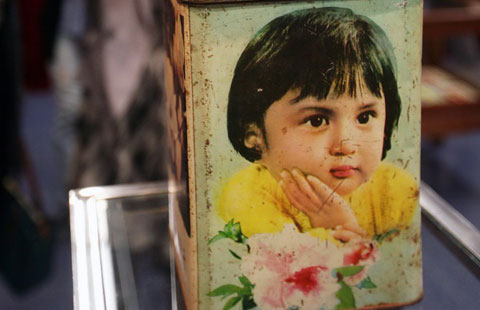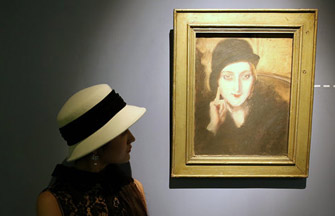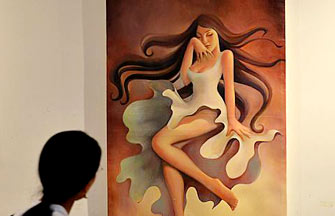Author 'avoided nothing' in racy love stories
By Sun Ye ( China Daily ) Updated: 2014-05-13 09:17:25
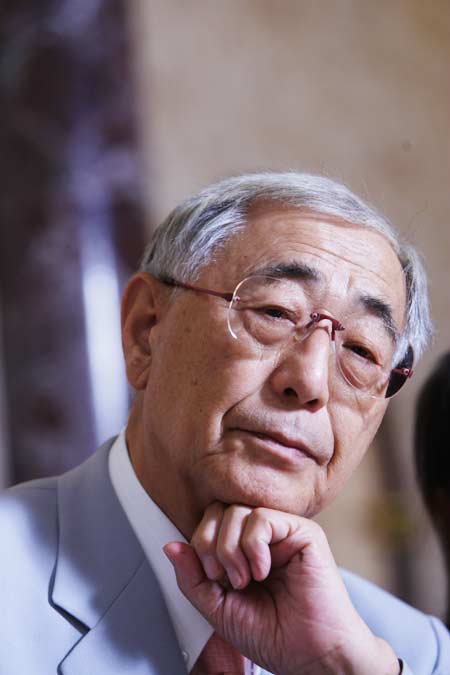 |
|
Japanese author Junichi Watanabe died on April 30 at the age of 80, and his novels'influence on Chinese readers will last. [Photo provided to China Daily] |
It is a story familiar to Chinese readers. It has extramarital affairs, graphic sex and ends in suicide. And it comes from Japan.
It's Junichi Watanabe's 1997 love story Shitsurakuen, or A Lost Paradise, that took the country by storm. When the popular author passed away on April 30 in Tokyo at the age of 80, digital candles were lit across the nation's social networks with quotes pulled from the book that transfixed readers with its unusual depiction of love.
"I've read every one of his books. The love stories are irresistible, intense, dark and desperate," wrote Yu Ying, a prominent doctor, on her micro blog account on weibo. "It overturned my view of love."
The story of a middle-aged man with a stalled career and an unhappily married woman manages to open each chapter with a graphic set scene. It then builds to a climax in which the two consummate their relationship - not with marriage, or elopement but in suicide. Many of Watanabe's stories end with the characters taking their own lives.
It's hard to say whether it's the frank depiction of sex or the couple's bizarre expression of love that attracted readers. But they are both elements that gave translators cause for concern.
"The book was hotly debated for its explicitness, even in Japan which is more open and forgiving about the X-rated stuff. Just think what would happen in China," says Zhu Jiarong, who translated A Lost Paradise. "I told the publisher that if you want me to translate it, it has to be toned down a little."
A cleaner version of A Lost Paradise was published in 1998, 30,000 characters shorter and without some of its most graphic sex scenes. Even edited, it caused a stir and sold more than 1 million copies.
"We Chinese could never put sex on paper so candidly," says Shen Ling, a Japanese literature researcher who also translated Watanabe's biographical novel Which Way Is Home. "But Watanabe had always been very true to himself. He wrote whatever he's experiencing in each stage of his life."
|
|
|
|
|
|
|
|
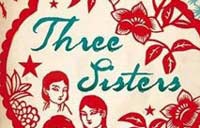
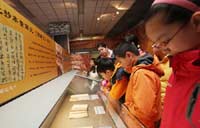







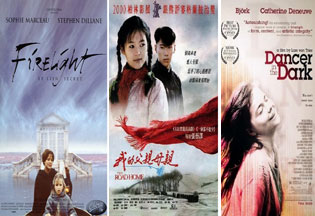










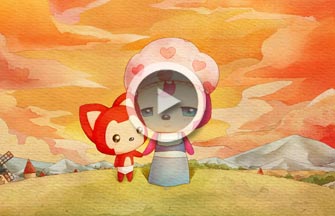

 Raymond Zhou:
Raymond Zhou: Pauline D Loh:
Pauline D Loh: Hot Pot
Hot Pot Eco China
Eco China China Dream
China Dream China Face
China Face
